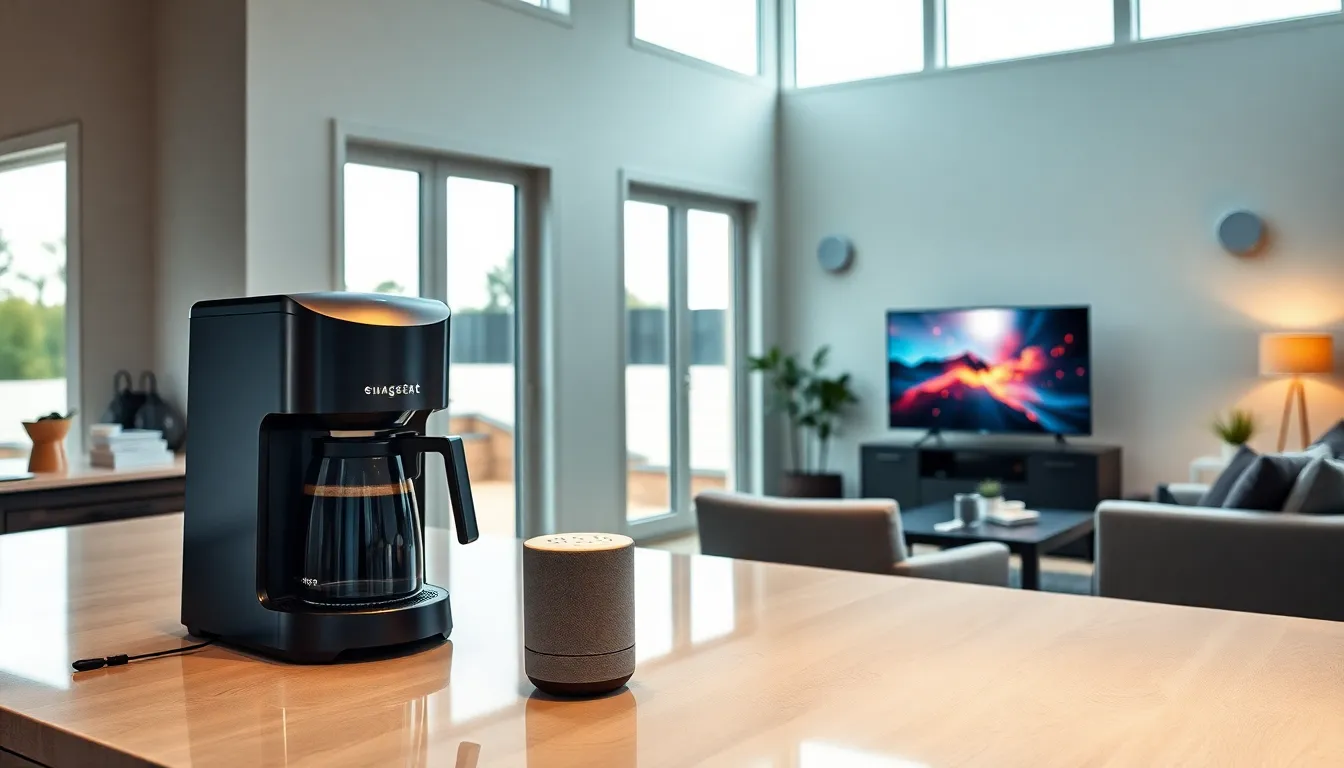Have you ever felt torn between the thrill of owning your own condo and the freedom of renting? It’s a classic real estate dilemma, like choosing between a weekend getaway or a staycation. Buying a condo offers the prospect of equity and stability, while renting gives you flexibility without the stress of maintenance. In today’s article, we’ll demystify the epic showdown, buying versus renting a condo, so you can make an well-informed choice without feeling like you’re trying to solve a Rubik’s Cube blindfolded.
Table of Contents
ToggleUnderstanding the Basics of Condo Ownership and Renting

When it comes to living spaces, understanding the fundamentals of condo ownership versus renting is crucial. Simply put, when someone buys a condo, they are not just acquiring a place to live: they are investing in real estate. Ownership typically means that the buyer has full rights and responsibilities. This translates into potential equity growth but also the burden of property taxes and maintenance duties.
On the flip side, renting a condo allows for a more carefree lifestyle. Renters pay a monthly fee to live in a property owned by someone else. They often enjoy amenities like a swimming pool or gym without the long-term commitment or financial strain that comes with purchasing a property. Essentially, renters experience the joys of condo life without the complex responsibilities.
Both options come with their own set of advantages and challenges. Being well-informed can help smooth out the decision-making process.
Pros and Cons of Buying a Condo
Owning a condo has its perks and pitfalls. Here’s a breakdown:
Financial Considerations When Buying a Condo
Purchasing a condo usually requires a significant upfront investment, which might frustrate those who prefer lower costs. Buyers need to account for the down payment, closing costs, and ongoing mortgage payments. Yet, think of it like planting a money tree, over time, the hope is that property values increase, leading to wealth accumulation.
Long-Term Investment Benefits
From a financial perspective, buying a condo can be a solid investment. As property values generally appreciate over time, homeowners may not only secure a place to live but also position themselves for profit when they decide to sell. But, this doesn’t guarantee instant riches: it’s more like a marathon than a sprint.
Maintenance and Association Fees
It’s vital to remember that condos often mean shared responsibilities, which can include monthly homeowner association (HOA) fees for maintenance and amenities. These fees can sometimes feel like throwing money down a well. Nevertheless, they also alleviate individual responsibility for repairs, giving owners peace of mind.
Pros and Cons of Renting a Condo
Renting isn’t just a second-rate option: it has some fantastic advantages:
Flexibility and Lower Upfront Costs
One of the biggest draws to renting is its inherent flexibility. Renters aren’t tied down by a lengthy mortgage or expensive property taxes. With lower upfront costs, they can often move when life changes happen, job transfers, relationship changes, or simply a desire for a new neighborhood. That flexibility is like hugging your couch while watching Netflix, you can change positions with ease without any long-term commitment.
Limited Control Over Living Space
But, with cute apartments or condos comes the downside of limited control. Renters often have to navigate restrictions around decor and modifications. Want to paint the walls? Good luck convincing your landlord. Still, many enjoy the trade-off for flexibility, especially if they lean towards a transient lifestyle.
Market Trends: Buying Vs Renting
Understanding market dynamics can help in making an well-informed choice:
Evaluating Market Conditions
Real estate markets fluctuate, and timing is everything. In a buyer’s market, where inventory is high and prices are low, purchasing a condo can appear enticing. Conversely, in an area with skyrocketing rentals, sticking with ownership might be more financially prudent. Keeping an eye on local market trends is crucial for any prospective buyer or renter.
Long-Term vs. Short-Term Financial Impact
Renting might seem cheaper than buying in the short term, but buyers often accumulate equity over time. On the other hand, renting can feel more affordable monthly, but all those payments go straight to the landlord. Evaluating individual financial scenarios is necessary: sometimes, renters pay more over the long run without ever building equity.
Making the Decision: Key Factors to Consider
As with anything big, several factors come into play:
Personal Lifestyle and Future Plans
What does the future hold? Are they planning to settle down or want the freedom to relocate? This perspective often shapes whether buying or renting is more suitable. If they’re grounded with a stable job and family plans, buying may be the beneficial route. On the other hand, those often on-the-go might prefer renting’s flexibility.
Location and Community Considerations
Finally, analyzing location and community is essential. Is it in a bustling city center with easy access to transportation? Or in a serene suburb filled with parks? These decisions can sway the choice between purchasing and renting. Buyers need to ensure the area aligns with their lifestyle while renters should ask themselves if they’ll be happy in the community they choose.






